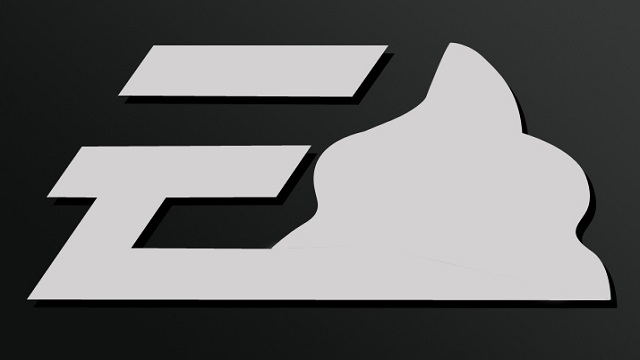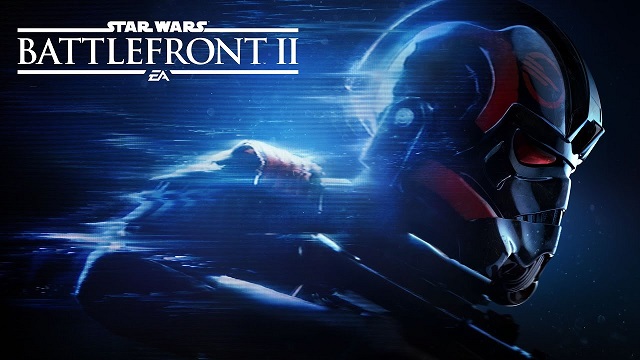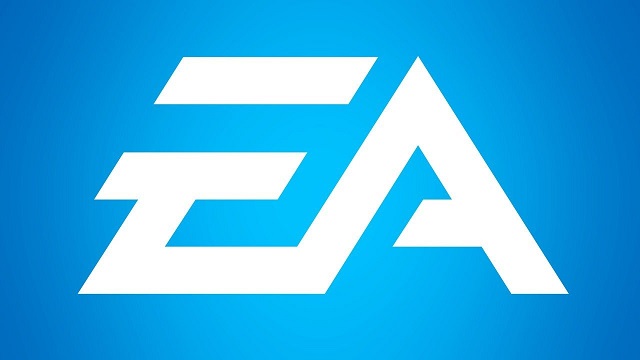For the better part of the previous decade — and perhaps longer depending on how you look at it — Electronic Arts has been gradually losing the trust of its fans.
There’s no doubt EA is a monolith in the video game industry; with nearly four decades of experience, the company commands a vast legacy and owns an array of highly acclaimed franchises. It is among the biggest brands represented in gaming, period.
Alas, as Uncle Ben once said: “With great power, comes great responsibility” and while definitely multiplying its powers over the years, EA has undoubtedly neglected its core responsibilities.
It’s in the Game(?)
EA’s revenue for fiscal 2018 is reported to be north of $5 billion, with company worth totaling more than eight. The company’s catalog of games is awe-inspiring with the likes of FIFA, Need for Speed, Battlefield, Dragon Age and Mass Effect, just to name of few on the tip of the iceberg.
Each of these games, and many more, are celebrated all around the world. So how come EA, despite seemingly noble efforts, is receiving so much hate from its community? How come players have become so distrustful of this corporate entity?

For starters, EA is so far the only conglomerate to have been deemed “worst company in America” by Consumerist for two consecutive years. Not only that, but EA was ranked against other companies which, arguably, had/have a much bigger impact on the world and its inhabitants — and thus more total employees and leverage.
For instance, EA beat companies like AT&T, Ticketmaster, and even Bank of America to gain the infamous title as recently as 2013; it was also the only company to be nominated based exclusively on video game development and publishing that year.
Perhaps it’s deserved. Perhaps EA’s consumers were (are) simply more vocal about their opinions than others. Perhaps it was both. Nonetheless, the company earned its first title in 2012 and retained it for 2013. And it may have been because of a not so small reason.
Monetise Me
Particularly at the beginning of the seventh console generation, EA shifted its focus from publishing games in beloved franchises — most of which were significant in the context of the industry’s long history — to exploring new avenues of revenue. Games were no longer being made for fun; instead, the company was using the guise of “fun” to entice the consumer into a very specific trap: microtransactions.
Whether it was season passes, premium skins, special weapons, or other additional content — and that’s to mention loot boxes — EA is not the only company to take advantage of the relatively recent advent seeking to monetize digital content. However, it is always at the forefront, always pushing the limit to see if the consumer notices a nimble hand in their pocket.
Unfortunately, it is now the norm for every EA game — everything seems to have a season pass and/or offer a variety of downloadable assets. Games like FIFA are unimaginable without post-investment premium player card packs.
Perhaps I’m somewhat bitter because I never got Ronaldo, but I don’t think I’m alone.

For a very long time, EA’s business methodology has seemingly been tremendously anti-consumer. And there are many instances indicative of that: the always-online features of SimCity, the closure of many studios which didn’t correspond to EA’s plans of games-as-a-service, and most recently, the whole controversy with Star Wars Battlefront II.
Has anything changed recently?
EA at E3 2018 — Somewhat of a Changeup
EA is not known for surprises; it is a predictable company with a similar plan each year. During its press conference at E3 2018, however, it did surprise slightly. Not in terms of games — most of which were expected — but rather in its approach to those games.
The conference began with additional details on Battlefield V — no loot boxes, no season pass. It was a decision clearly made based on recent experience with games such as A Way Out, which, because of its success, showed EA games can be profitable without a plethora of add-ons. A battle royale mode is coming (not enough of that on the market), so it will be interesting to see how and if it will be monetized separately, but as of now, we know that BFV won’t be additionally monetized.
After a short speech by CEO Andrew Wilson, Dennis Brännvall, Design Director behind Battlefront II, came to the stage to discuss the prospects of the somewhat maligned Star Wars game: “Clearly, we didn’t get it quite right,” he said.
He continued by addressing changes, new additions to the game, and upcoming content. He seemed genuinely excited and passionate about the franchise. So, if you’re a Star Wars fan, there may yet be a glimmer of hope. Interestingly, there was no mention of loot boxes or microtransactions.

Afterward, Patrick Söderlund, Chief Design Officer of EA, arrived on stage to make a surprise announcement for Unravel 2 — a sequel to a reasonably successful platformer — which was available for download on all major platforms straight away. He also affirmed the company’s dedication to supporting small developers via its “EA Originals” program and welcomed Cornelia Geppert from Jo-Mei Games to present her most recent indie project — Sea of Solitude.
Those are by no means big titles for EA, but they perfectly cater to anyone who is looking for unique experiences, without any content hidden behind a paywall.
Finally, right before the show’s highlight event — Anthem which, by the way, would include cosmetic-only loot boxes — Andrew Wilson took to stage once again. Before touching upon a charity program “Play To Give”, supported wholly by EA, he had this to say: “We are always trying to learn, and listen, and strive to be better”.
This was no doubt in great regard to the mistakes made when releasing Battlefront II — and perhaps to EA’s recent ethos in general; it has all been heard before and is very typical of EA — damage control and empty, unfulfilled promises.
But Did It Signal a Change of Heart?
All of this has hardly been praise of EA; their presentation was bland and predictable as ever.
However, the biggest takeaway is there were at least some minor positives to be taken away. It’s nice to see that EA is still supporting smaller developers, giving them complete creative freedom. Josef Fares’ A Way Out is a resounding example of that.
It’s even more noteworthy that microtransactions and profits seemed to take a backseat to creativity, community engagement, and (perhaps even) fun this year.
It’s entirely possible EA has merely entered a state of hibernation and is, once again, testing the public waters to see how much it can actually push the consumer without attracting a negative response. Only time will tell.
But I’m still somewhat hopeful. I’m hopeful that a once-respected company will manage to look past its wealth and will instead focus its attention on what’s meaningful — its fans and games, its ethos, and its legacy.
—
What did you think of EA’s presentation; where there any takeaways for you? Let us know in the comments below. And for everything that is happening at this year’s E3, stay tuned to GameSkinny.







Published: Jun 11, 2018 12:55 pm